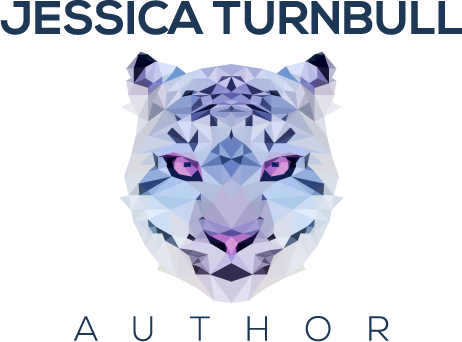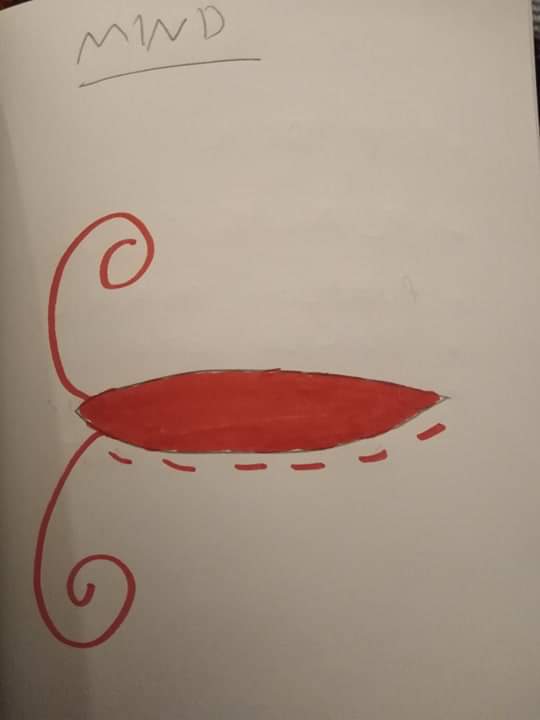Hi all!
I've seen a lot of blog posts about this already but I thought I would weigh in on the subject. So many authors are unsure of their book length, whether it's too long or too short. I like to say that it should be as long as it needs to be, but many agents do require debut authors to be within a certain word count. This is because a book that is too long of too short is usually a lot harder for them to sell.
Disclaimer: these are rough guidelines. Make sure to do more research of books in your genre to see what words counts they fall in. Some agents may want longer books while others want shorter, so make sure to look into each one and their guidelines carefully.
First off, I thought I'd go with writing lengths:
Flash - 0-500 words.
Short Story - 500-5,000 words.
Novelette - 5,000-20,000 words.
Novella - 20,000-50,000 words.
Novel - 50,000-120,000 words.
Epic - 120,000+ words.
These are usually rough guidelines, some agents are usually a bit more relaxed.
Now for genres. Again, these are quite rough guidelines but are what a lot of agents follow:
Fantasy - 80,000-120,000 words.
Science Fiction - 80,000-120,000 words.
Horror - 70,000-90,000 words.
Crime - 70,000-90,000 words.
Thriller - 70,000-90,000 words.
Mystery - 70,000-90,000 words.
Romance - 50,000-90,000 words.
Historical - 80,000-100,000 words.
Dystopian - 80,000-100,000 words.
Literary - 80,000-100,000 words.
All books in the Elemental Dragons series stay within the 79,000-85,000 mark
Now, for age ranges:
Picture Book - 100-1,000 words.
Middle Grade - 40,000-50,000 words.
Young Adult - 60,000-80,000 words.
New Adult - 70,000-100,000 words.
Adult - 80,000+ words.
When querying it's best to stay within their guidelines if you can. Although most of the time it doesn't matter if you're a little bit over or under. If you find that you are way over the word count for your genre, go back through your work and see what you can take out. If there are any subplots, characters etc. that your novel doesn't need then don't be afraid to cut it out. If you're writing a series, you can add some of that into the next book if you don't want to get rid of it completely.
If you're writing in two genres, for example; Young Adult Fantasy, it's best to stay within the age range just in case.
I hope this can help those querying, see you next week!


















